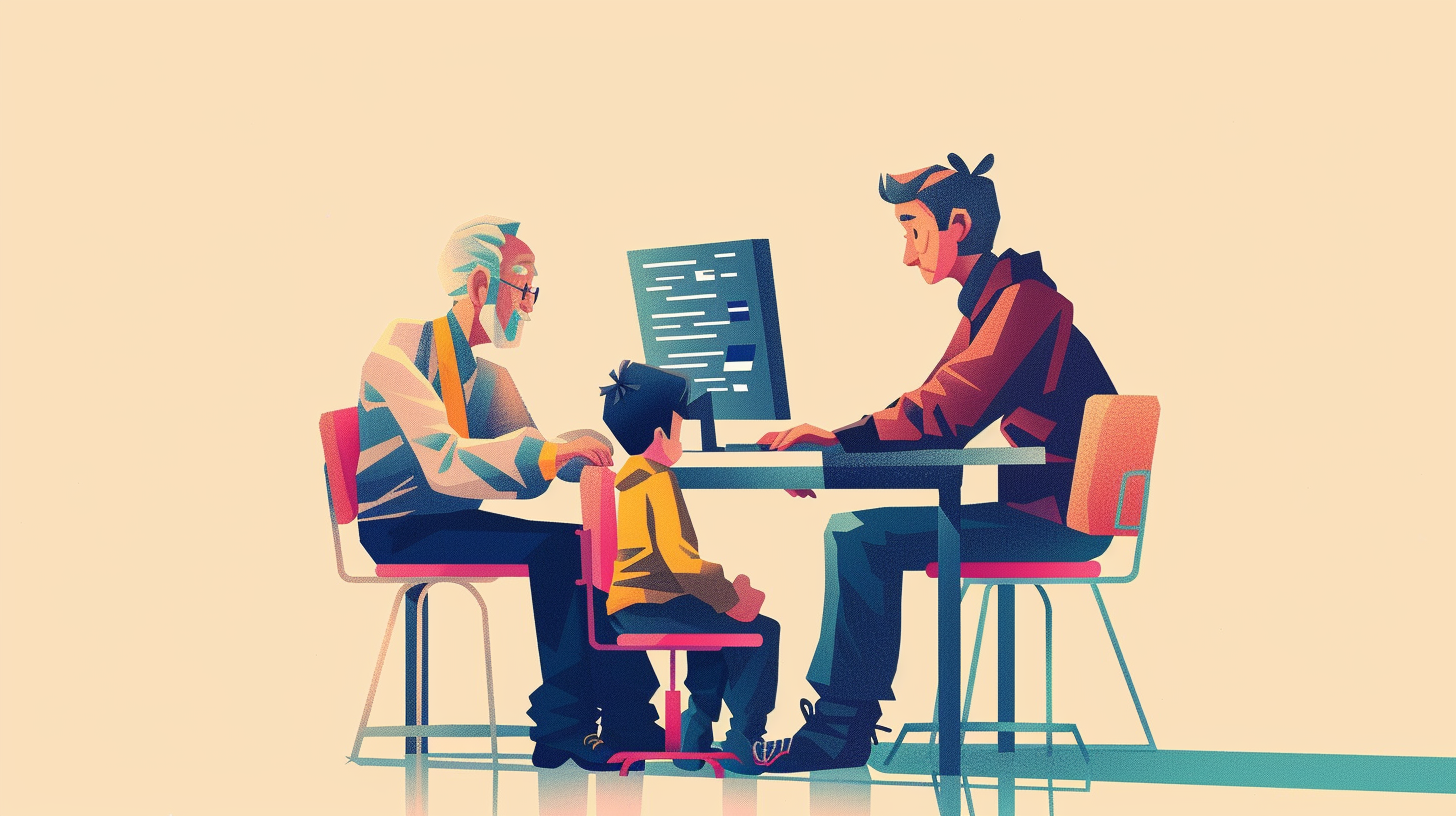If you get the call when both your parents and children need help with their computers, you're part of Generation IT (thanks Sam). Jokes aside, as technology gets more layers there's increasing concerns about who will maintain the hardware and software systems we all increasingly depend on.
In his talk about the Life Post-Moore's Law, Mark Horowitz pointed out that in the not too distant past, groups of students could build a whole microprocessor. Today that process involves huge teams and hundreds of millions of dollars, making it inaccessible to the next generation of hardware designers. The implication according to Mark is:
"Because chip design and designers are a smaller group of people that are getting more gray hair, we're going to end up in a universe where we all are dependent on technology that none of us understand how it works."
Many other areas of technology have similarly gotten much more complex and added many layers of abstraction. While today's kids grow up with smartphones and the Internet, they don't need to know the inner workings of these systems, they use them at the highest level of abstraction. Contrast this to the generation that built all these systems and thereby know all the layers in the stack.
Did you make Web pages by writing HTML, CSS, and Javascript or through one of the many frameworks available today? Did you crank out mockups in Photoshop pixel by pixel or move the components of a design system around in Figma? Did you write code on SPARCstations or have ChatGPT do it for you?
Of course, these tools have made technology "easier" to access and use for many people. I'm not suggesting we all go back to punched-card interfaces. But there's a lot of learning that happens when you do things the hard way. Getting down to the fundamentals and then building back up again provides an understanding that you can't otherwise get.
"Art does not begin with imitation, but with discipline."—Sun Ra, 1956
People in Generation IT have likely had to explain how to connect a printer to both the generation before and after them. If that's our lot in life, ok. But if the next generation doesn't end up with the interest or ability to maintain our increasing archive of printer drivers... things are going to start breaking a lot.
